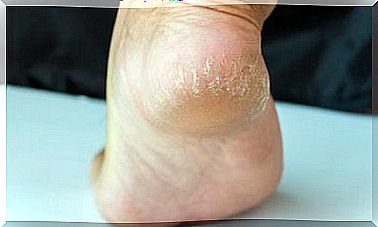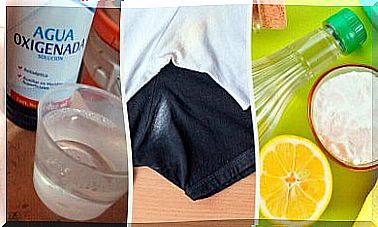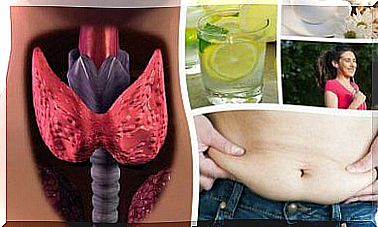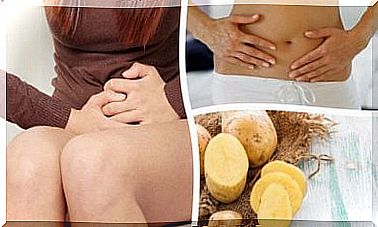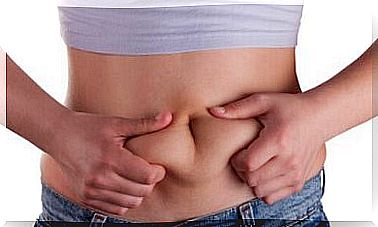What You Need To Know About Taking Biotin
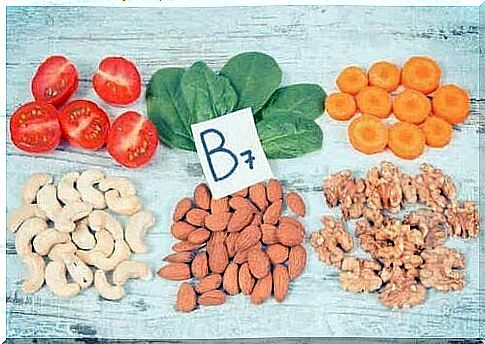
Biotin is a type of B vitamin that helps convert the carbohydrates, fats and proteins we consume into energy. It was originally called vitamin H, but is now called B7. Taking biotin has become popular for its alleged cosmetic effect on nails and hair.
Unlike other vitamins, vitamin B7 is present in a large number of foods. It is also present in dietary supplements. Humans only need small doses of this substance to function properly.
Specifically, children need only 200 micrograms of this vitamin per day and adults only 300. Today we will tell you more about this vitamin and what you need to know about taking biotin.
The efficacy of using biotin
Biotin is often consumed as a dietary supplement as it is said to have a number of beneficial properties for the body. The available evidence indicates that taking biotin is likely only effective to compensate for biological biotin deficiency.
It is very rare to have low levels of biotin in the body as this vitamin is present in many foods. The amount people need is also low. However, there are some conditions or health problems that lead to a decrease in this vitamin. This situation mainly occurs with:
- Pregnant Women: When Their Diet Isn’t Ideal.
- People who have been tube fed for a long time.
- People who are malnourished.
- Severe tobacco or alcohol addicts.
Unproven efficacy of artificial biotin

While this vitamin has been promoted as the answer to a myriad of deficiencies and problems, the truth is that science has found insufficient evidence for many of its supposed benefits. There is preliminary, inconclusive research that claims that using biotin may be helpful in the following cases:
- Stopping or reducing hair loss, according to a study published in the journal Skin Appendage Disorders .
- Thickening and improvement of the nails, if they are flaky.
- Help to regulate glucose levels and contribute to the reduction of peripheral nerve pain in people with diabetes, according to several experts.
- Reduction of muscle cramps in dialysis patients.
- Improving eyesight.
- Increasing mobility in people with multiple sclerosis.
Although all these properties are attributed to it, there is still not enough scientific evidence that this is actually the case. What is practically out of the question is that this vitamin is helpful in reducing the rash caused by seborrheic dermatitis in babies.
Is it safe to use?
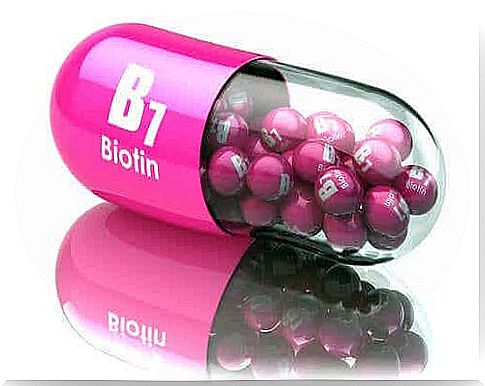
The prestigious American magazine Consumer Reports pointed out in one of its publications that biotin supplementation provides up to 15 times the amount that a normal organism needs. This generates an excess of plasma biotin, but the effect this may have on health is still unknown.
Some experts believe that our body is perfectly capable of eliminating the excess of vitamin B7 without causing any problem for the human body. On the other hand, it has been suggested that this vitamin could affect fertility, but there is no study to support this claim.
A number of people also suspect that biotin can be harmful to pregnant women and the fetus. However, there is no evidence for this either. In any case, research is being done on this substance, but there are still many unsolved questions at the moment.
Sources and consumption of biotin
In general, most people get vitamin B7 through their regular diet. It is present in normal foods such as meat, fish, eggs, organ meats, nuts, seeds, and some vegetables such as broccoli, and spinach.
The main manifestations of deficiency of this vitamin are rashes around the eyes, nose and mouth and thinning hair. According to an article published in the American Journal of Physiology , an increased state of general inflammation can also occur. There may also be:
- high acid levels in the blood and urine.
- skin infections.
- frequent styes near the eye.
- brittle nails.
- problems with the nervous system.
Maintain adequate biotin levels
Most people do not need to take biotin supplements. Its use has become popular as it was promoted as a cosmetic product. It is best to obtain this vitamin directly from food and not from supplements.
In this way you can guarantee the correct functioning of the physiological reactions of the human body. You also help to control inflammation, which is the cause of the development of certain chronic pathologies. Finally, remember to eat a varied diet to reduce the risk of nutritional deficiencies.
